
At Least 73 Killed in Balochistan as Separatist Militants Launch Deadly Attacks Across Pakistan’s Southwest
At least 73 people were killed in Pakistan’s southwestern province of Balochistan as separatist militants launched coordinated attacks on police stations, railway lines, and highways, officials reported on Monday. The attacks are among the most widespread in years, intensifying the decades-long insurgency aimed at secession in the resource-rich province, which hosts significant China-led projects.
The assaults resulted in the deaths of 14 soldiers and police officers, along with 21 militants in ensuing clashes. Balochistan’s Chief Minister, Sarfraz Bugti, confirmed that 38 civilians were also killed, including 23 who were executed after being pulled from buses and having their identities checked by armed men.
“This is a calculated effort to plunge Pakistan into chaos,” stated Interior Minister Mohsin Naqvi, condemning the attacks.
Railway traffic in Quetta, Balochistan’s capital, was halted after explosions damaged a bridge linking the city to the rest of Pakistan. The militants also targeted a rail link to neighboring Iran, and six unidentified bodies were found near the site of the bridge attack, according to railways official Muhammad Kashif.
The Baloch Liberation Army (BLA), the largest of several ethnic insurgent groups in the province, claimed responsibility for the attacks, which they dubbed “Haruf” or “dark windy storm.” The group, which demands the expulsion of China and independence for Balochistan, also claimed responsibility for additional attacks yet to be confirmed by authorities.
Among the attacks, four suicide bombers, including a woman from Gwadar, were said to have targeted the Bela paramilitary base, though this was not confirmed by Pakistani officials. The chief minister did, however, report that three people were killed at the base.
Prime Minister Shehbaz Sharif vowed swift retaliation, promising that security forces would hunt down those responsible. Chief Minister Bugti indicated that intelligence-based operations would be intensified to root out militants, and hinted at the possibility of curtailing mobile data services to disrupt militant coordination.
“They launch attacks, film them, and share on social media for propaganda,” Bugti said.
As the violence unfolded, General Li Qiaoming, commander of China’s People’s Liberation Army Ground Forces, met with Pakistan’s army chief Asim Munir. A Pakistani military statement following the meeting did not mention the attacks.
The European Union condemned the violence, with spokesperson Nabila Massrali expressing solidarity with the victims.
The attacks took place on the anniversary of the 2006 death of Baloch nationalist leader Akbar Bugti, a significant figure in the region’s insurgency, further fueling tensions.
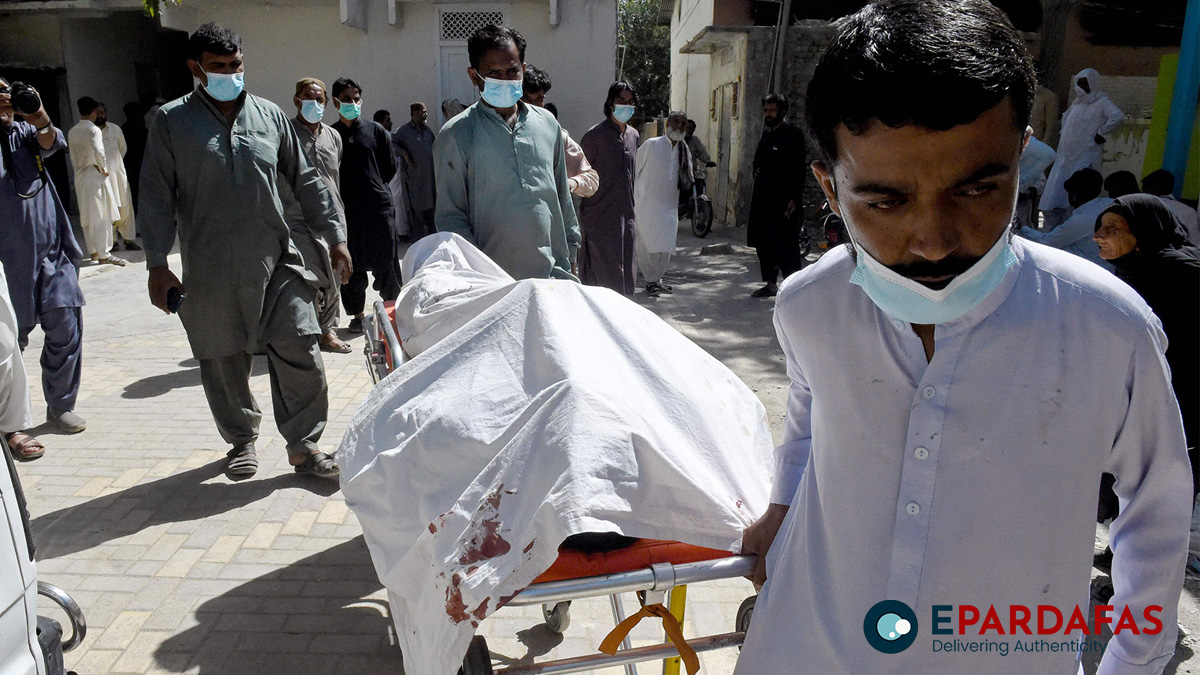

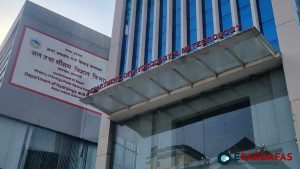


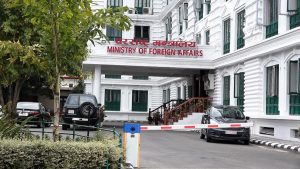
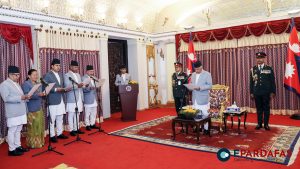

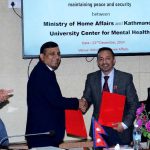



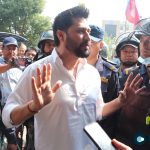
Comments